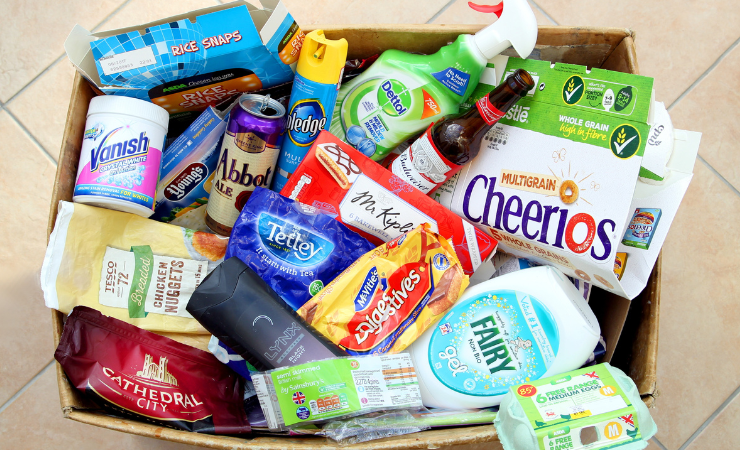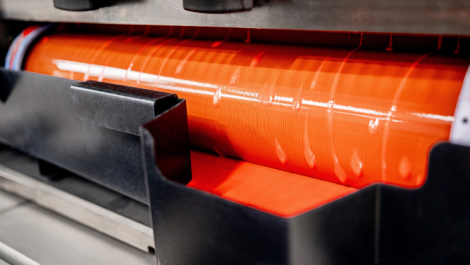The full implementation of EPR (Extended Producer Responsibility) in the UK has been deferred by the UK Government, with the announcement that payment of packaging fees under the scheme will not now go ahead until October 2025.
DEFRA, the Government’s Department for Environment, Food and Rural Affairs, announced the move this week, stating that this would help to reduce inflation in the UK, which is only slowly falling and is currently around 8%. The DEFRA statement said, ‘Following extensive engagement with industry, and in light of the pressure facing consumers and businesses in the current economic context, new rules to ensure packaging producers pay for the cost of recycling their packaging will be deferred a year from October 2024 to 2025.
‘Government will use the additional year to continue to discuss the scheme’s design with industry and reduce the costs of implementation wherever possible. In anticipation of EPR, producers have already started to use less packaging and adopt easier to recycle packaging formats, and we expect this process to continue – ensuring that costs are not then passed onto households later on.’
Environmental compliance data specialist Ecoveritas said it supported Defra’s stance, describing the decision as ‘unfortunate but necessary due to a lack of clarity on costs for businesses’. Head of Sustainability & Consulting, Kathy Illingworth, said the decision was ‘bittersweet’, adding, ‘We’re yet to come across anyone who disagrees with the direction of travel, but for an ambitious reform, it has long been apparent that there were too many missing puzzle pieces and far too many detractors before its launch.
‘This pause for thought should allow Defra to build in more clarity, but there is certainly a job to be done to rebuild confidence. At the same time, all eyes will be on the industry now, who, having gotten the delay they wanted, should rally around a good policy for the planet and the environment. Perhaps the government can now make progress on the consistency of collection by local authorities, which will be essential if EPR is to be the effective policy we know it can be.’
Reaction to the announcement also came from packaging group DS Smith, whose chief executive Miles Roberts commented, ‘The lack of clarity on recycling reforms has done nothing to further the UK’s environmental ambitions, so we hope that the Government uses this extra time to work with industry to implement a robust and effective EPR scheme. Any such system should be used to deliver on the ultimate goal of increasing the UK’s recycling rates by funding improved infrastructure and delivering more consistent policies.
‘Producer payments under EPR could help fund better waste collection systems, such as the separate collection of materials, and get Britain back on track to meeting the Government’s recycling rate targets. If we miss this opportunity to reinvest in the UK’s recycling system, EPR will be little more than a tax on businesses and, ultimately, consumers, which does nothing to support our transition to a circular economy.’






